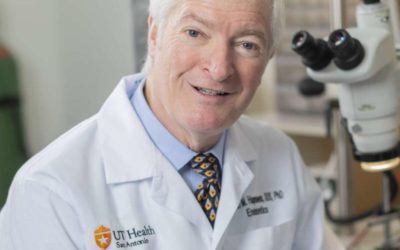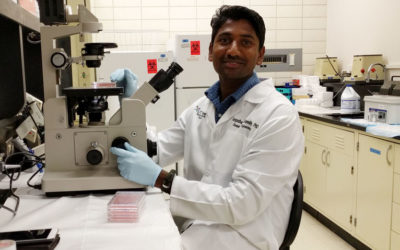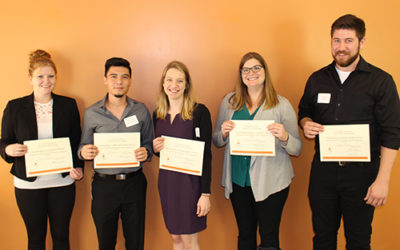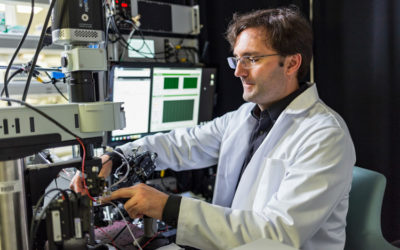Dr. Hye Young Lee Shows How CRISPR Could Use Gold Nanoparticles To Edit Your Brain
Scientist Dr. Hye Young Lee and her team have found a new way to use the gene editing technology CRISPR and recently published their findings in the July issue of Nature Biomedical Engineering. Read More →








